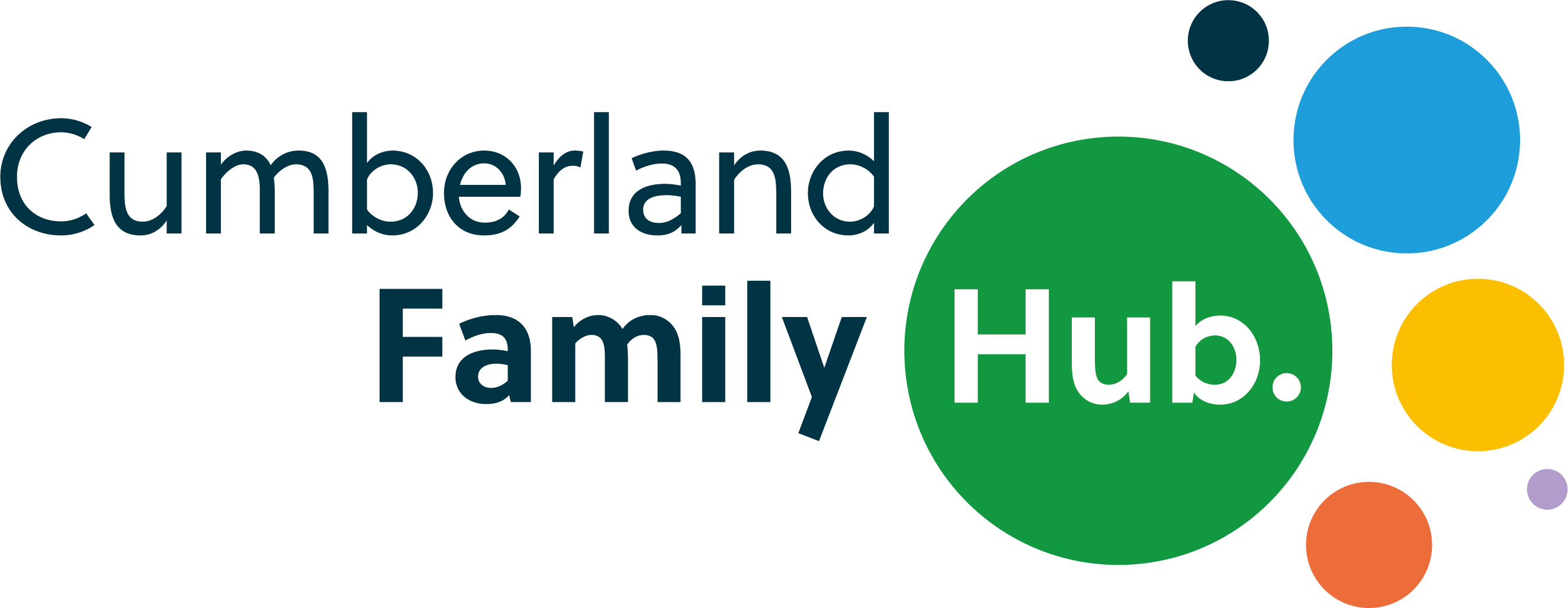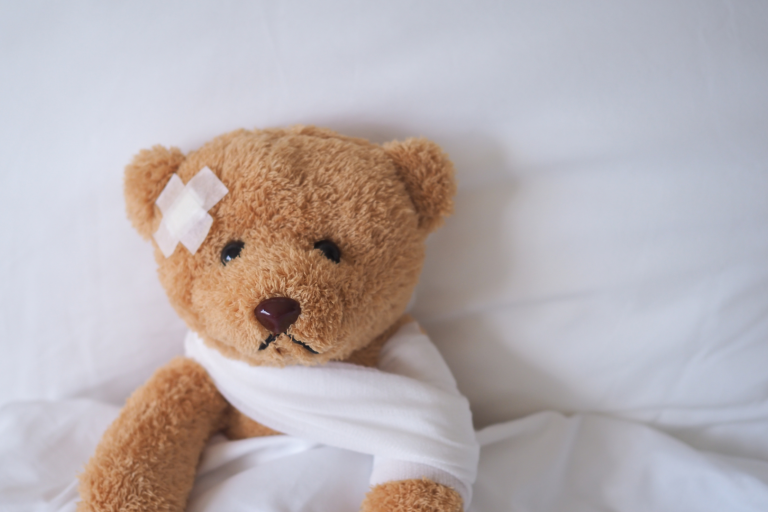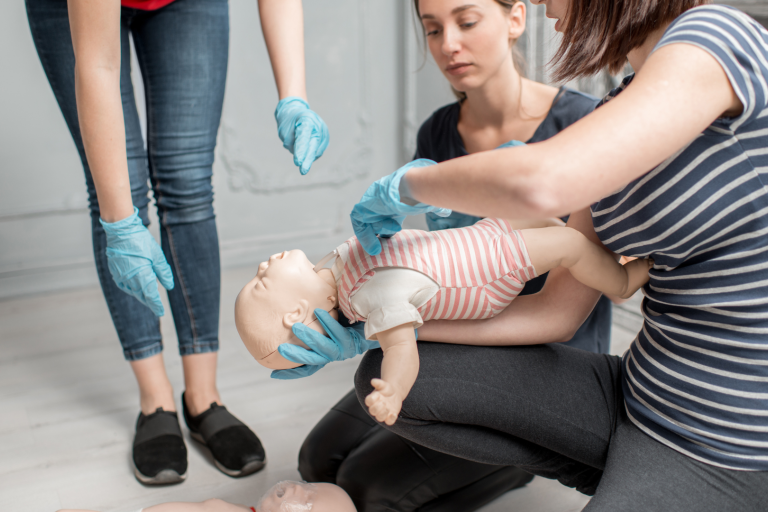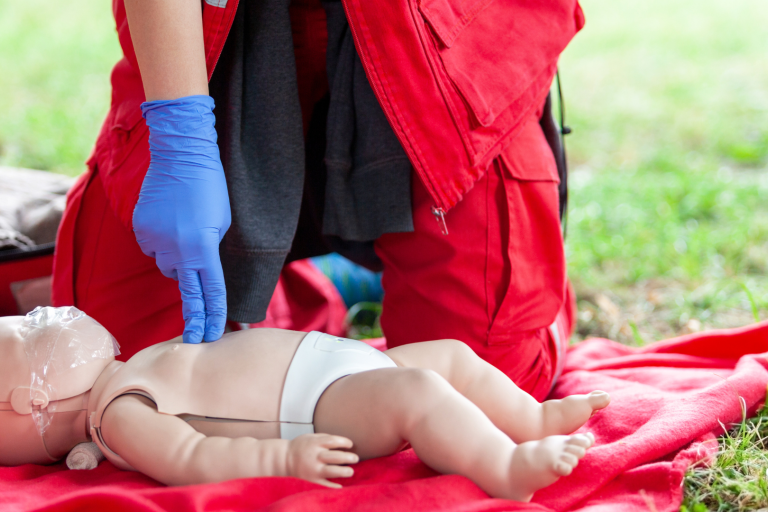First Aid for Children
Children learn through exploring their surroundings when their mobile. They also have little or no understanding of risk and danger. Knowing how to deal with certain situations, at least in the first instance will not only help the child but help Parents and carers remain calm in a first aid situation.
Tips on being prepared
- Think about taking a first aid course.
- Take precautions around the home by putting some basic household safety measures in place
- Get a first aid kit containing the essentials to help you cope with an accident or emergency
- Familiarise yourself with what do if your child needs treatment. There is lots of NHS guidance and instructional videos online to help.
Staying safe while giving first aid
Learn skills to help a baby or child in a first-aid emergency. The Redcross have some videos to help you be more prepared should you need to deliver first aid to your child.
Call an ambulance if your child stops breathing, is struggling for breath (for example, you may notice them breathing fast, panting, becoming very wheezy, or see the muscles just under their ribcage sucking in when they breathe in), is unconscious or seems unaware of what's going on, has a cut that will not stop bleeding or is gaping open, will not wake up, has a fit for the first time, even if they seem to recover.
Take your child to A&E if they, have a leg or arm injury and cannot use the limb, or have swallowed poison or tablets. If you're worried about your child and are not sure if they need medical help, call NHS 111.



